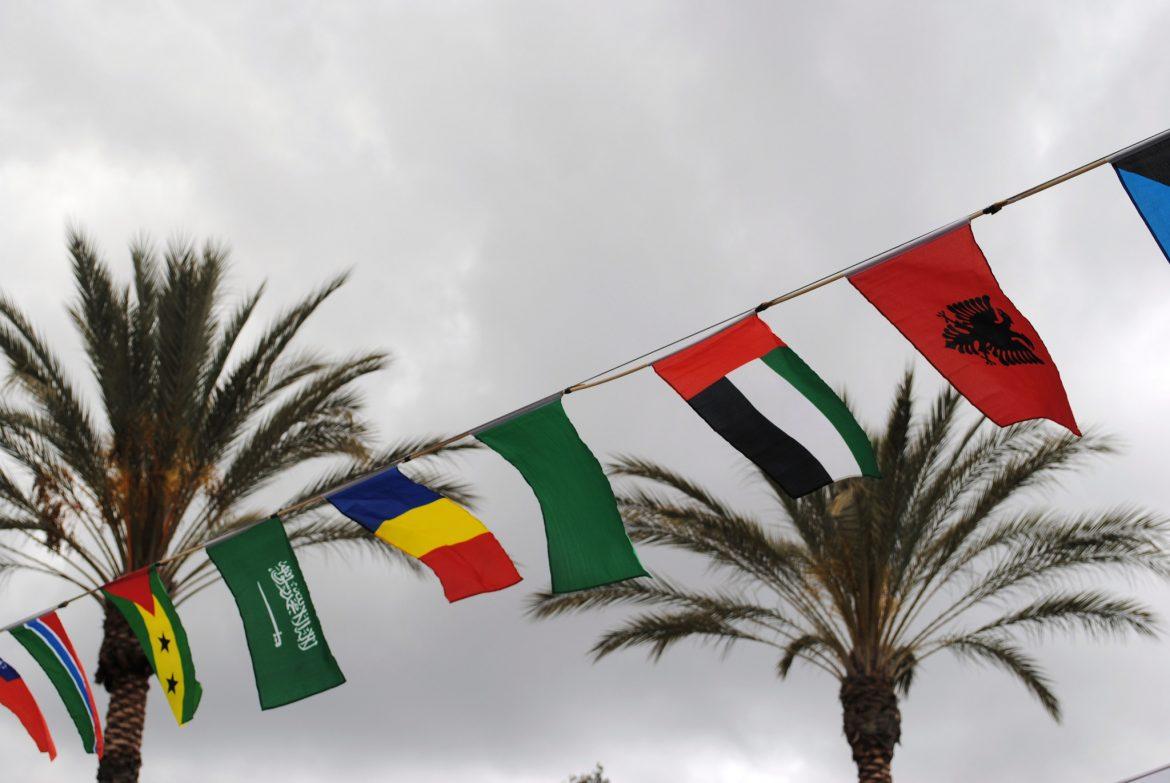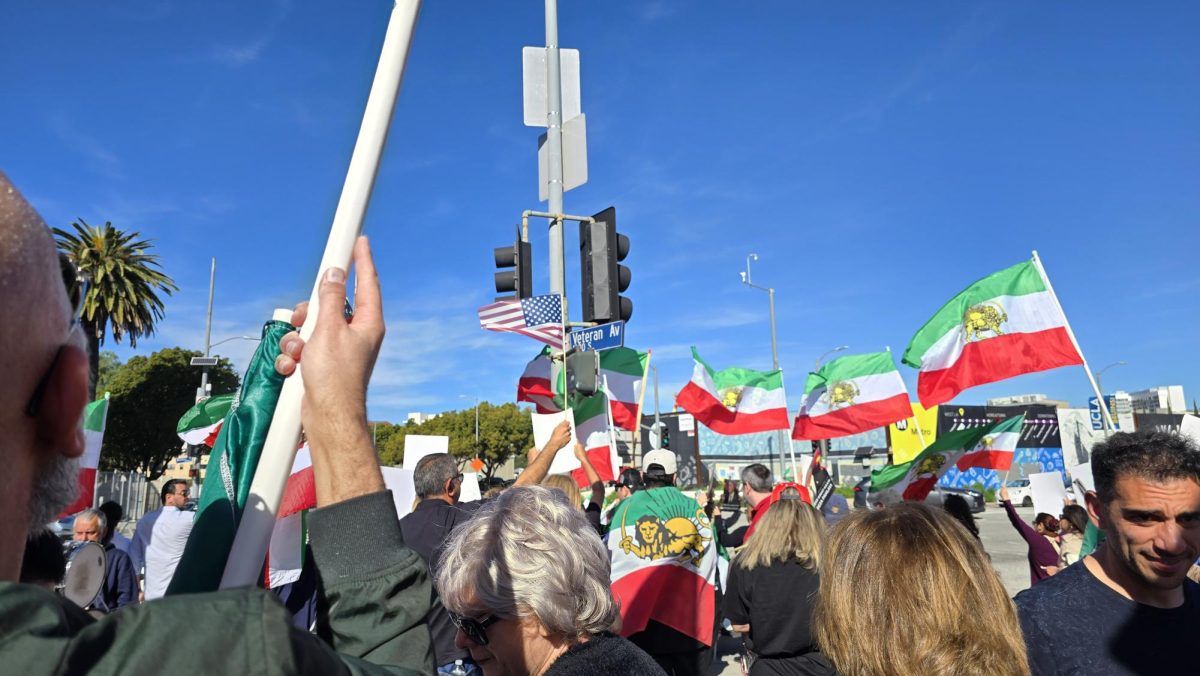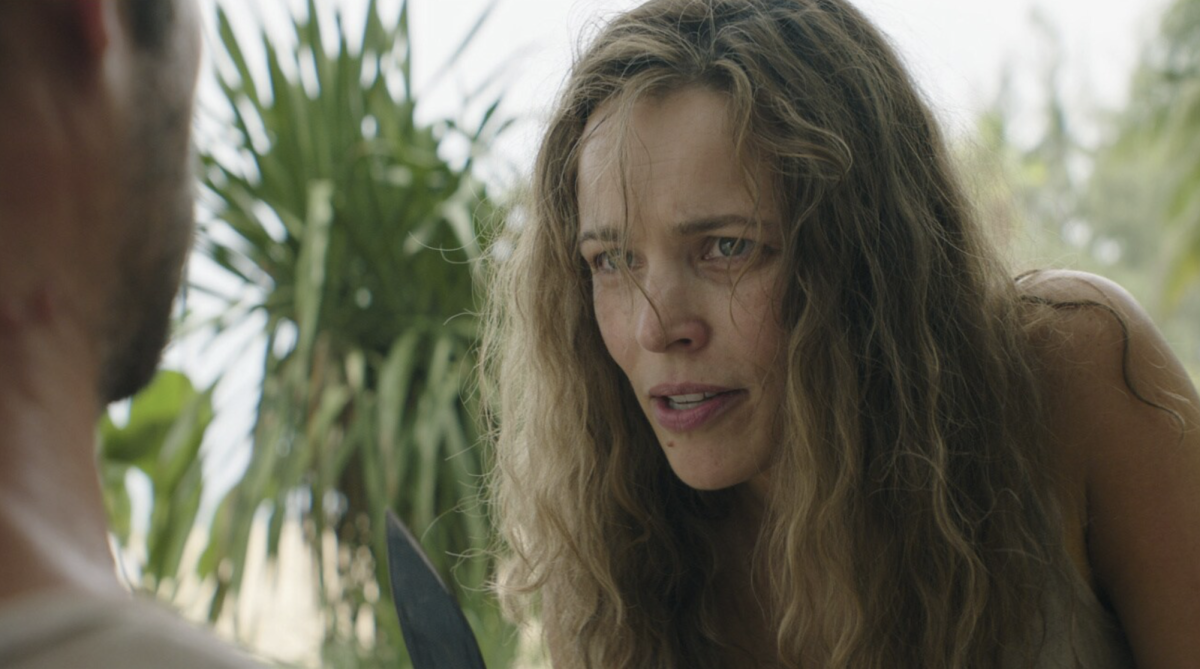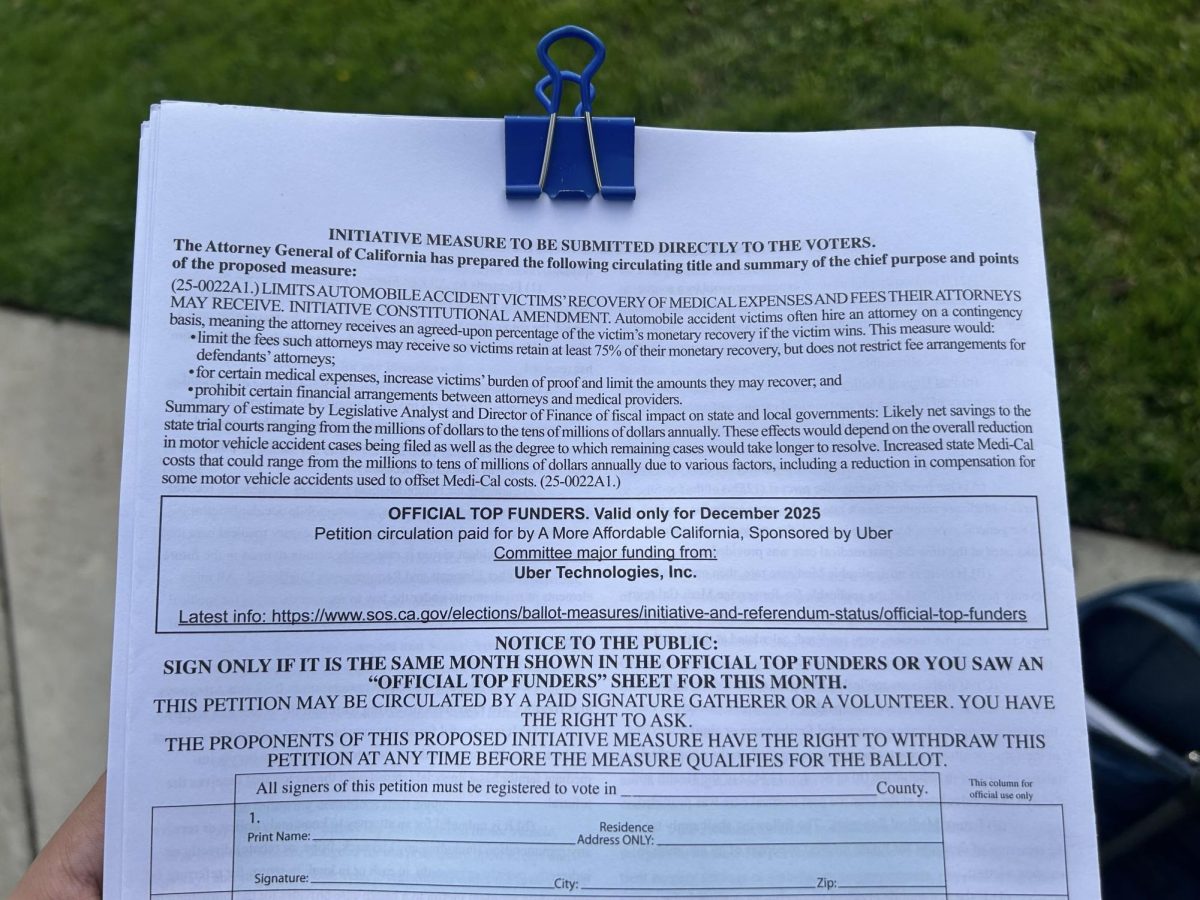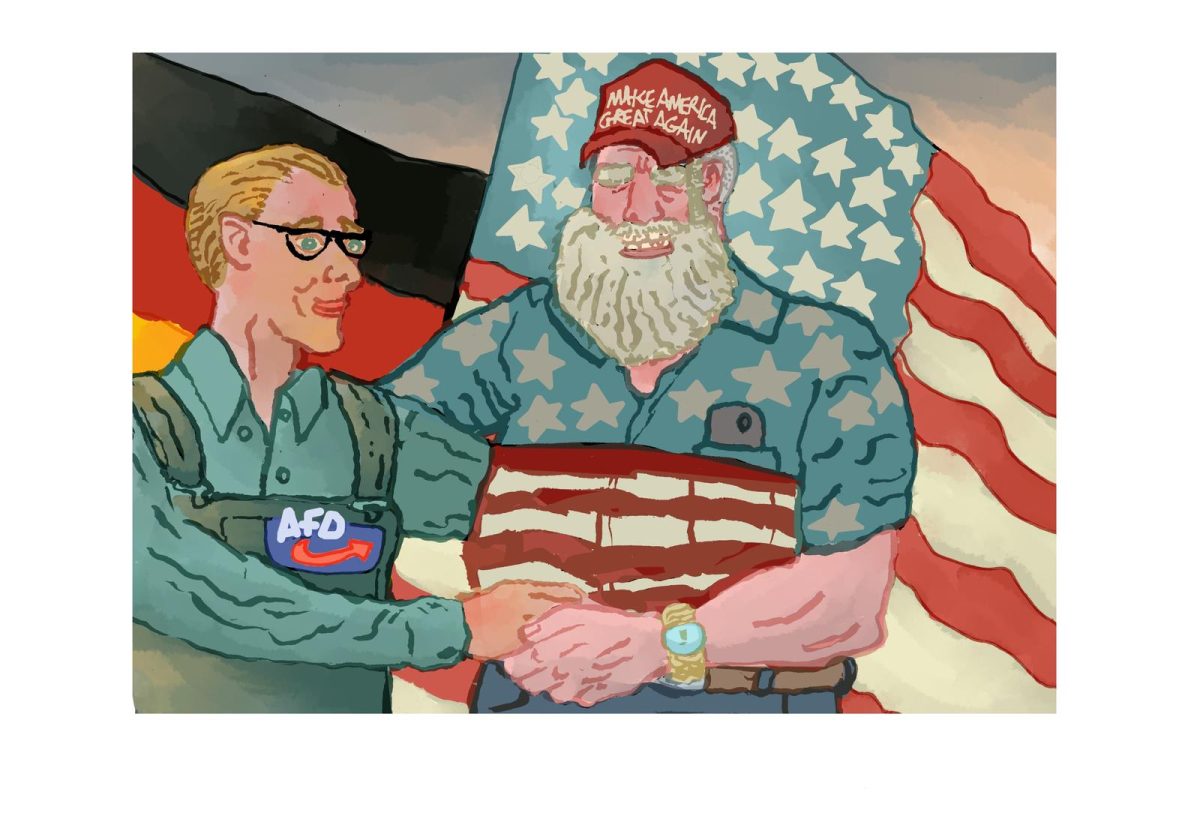At the beginning of this year, not a single person born in the 90s was left a minor. Millenials, so long held as naive children by older generations, are fully set into adulthood. Arguments that we have no right to speak in defense of our world and our culture, that we’re too young and too inexperienced, are becoming invalid.
However, we must embrace our adulthood and abandon the shields that we have risen around ourselves to protect us from the realities of our world. Among these shields, a shield which threatens our opportunity to make our Earth a more equal and understanding place is the temptation to divide off into cliques, into clusters of culture which complain about a lack of understanding while always looking inwards.
Those with opposing ideas or cultures are shunned, denying both sides the chance to have their ideas challenged, proven, changed. Without this mutual exposure, understanding and compromise can never develop.
For minorities, or anyone, it may be tempting to retreat to a place where one is protected from anything that might be offensive, uncomfortable – safe spaces and other centers of political correctness – but do we have the right to hide? Ideas change when they are proven wrong.
When we break into cliques, when our only friends are those who are like us, how can we ever discover that most people in this world share more similarities than superficial differences? How can we ever prove to those who hold a prejudice against us that they are mistaken? Not all minds will be changed, but isn’t it better to speak up against discrimination than hiding from it?
My mind is one of those which was changed. When I was twelve, I had no understanding of various sexualities. All I knew of romance was from television, and Disney Channel is not exactly known for being liberal with sexuality-based diversity. Then, at a summer theatre camp, I met a little boy who identified as gay – my brain couldn’t process it. I couldn’t find understanding within myself, not until I grew to the realization that he was my friend and that was what mattered. When I discovered my own sexuality, bisexual, a few years later I was able to accept and understand what was in my own heart. All because of a friend.
What we need to solve the problems of our culture is integration, communication. If my life had stayed sheltered, my own lack of understanding would have torn me apart.
Instead of voluntarily sheltering ourselves, our generation must remember our responsibility to the future. If the social change that we are capable of bringing about is to happen, we must break down those barriers that divide us and embrace that which is different.
Events such as the recent and annual Carnaval offer the opportunity to not only engage in your own culture but to celebrate and experience that of others.
In the spirit of such an experience, I give this challenge to you: before the end of the semester, in just a few short weeks, step out of your social comfort zone. Sit in on one of the Pride Center’s Tuesday Talks, and just listen and empathize even if the experiences of those around you are not ones you have known. Attend one of the many upcoming cultural events for a culture that is not your own, and try to see it through the eyes of the person sitting next to you. Step beyond your safe space and into a future of understanding.
